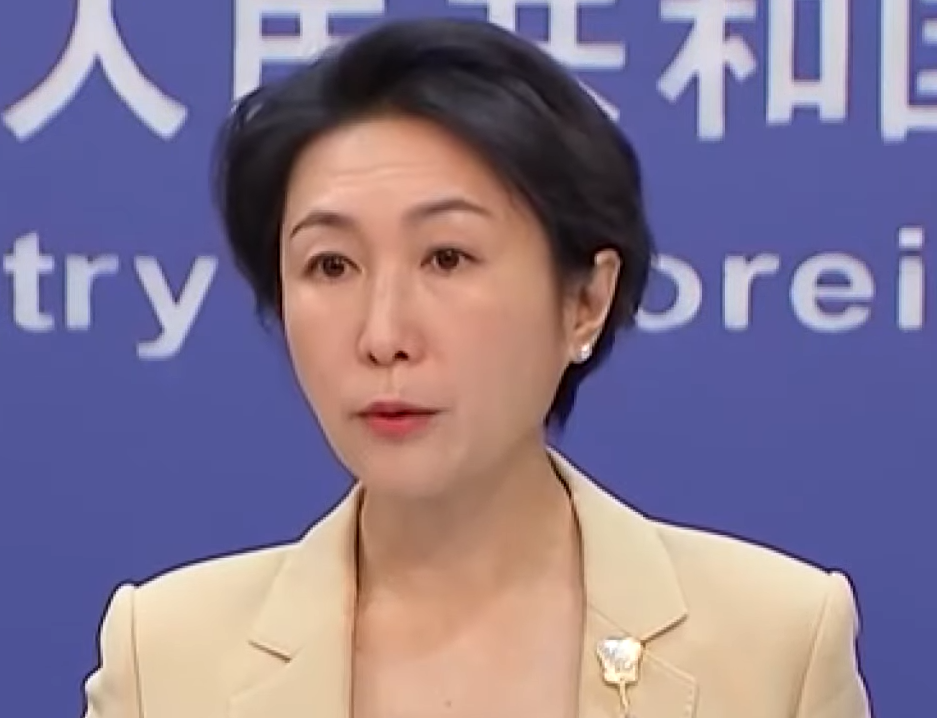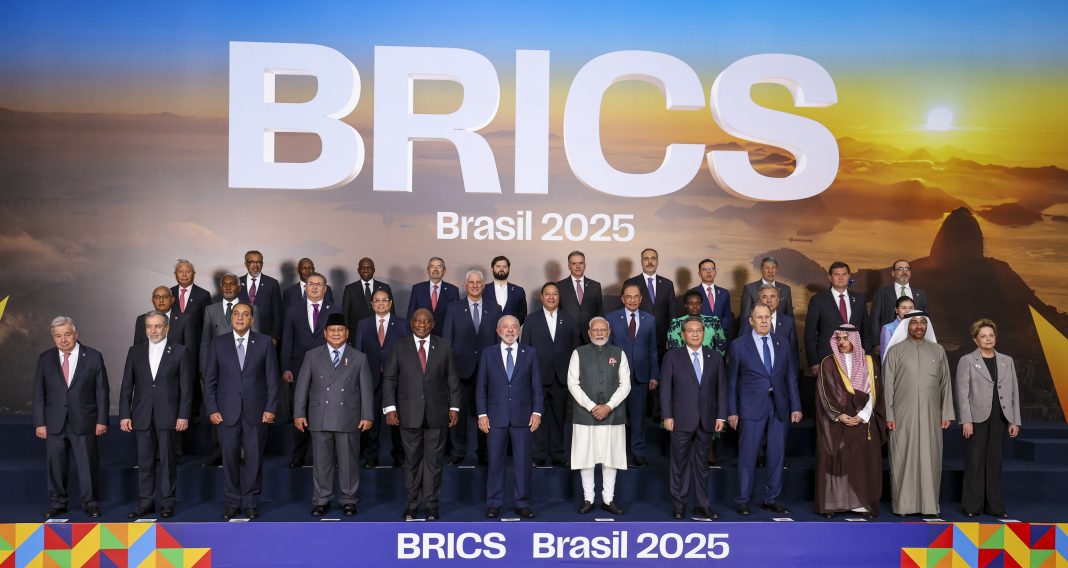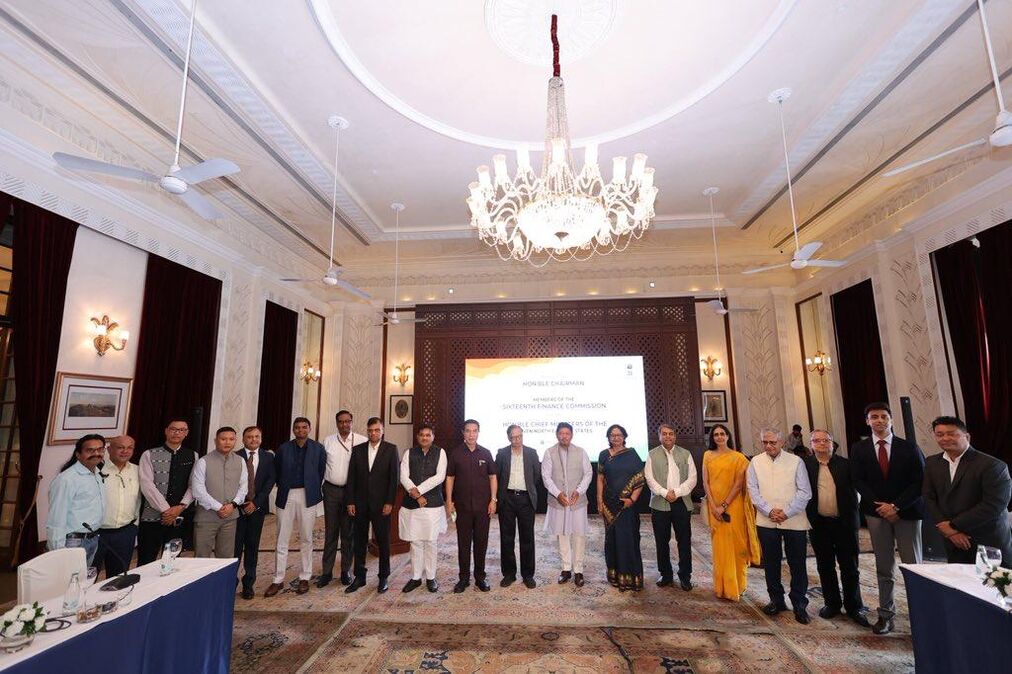
Beijing, July 7: China said on Monday it protested to India over Prime Minister Narendra Modi’s greetings to the Dalai Lama on his 90th birthday and the attendance of Indian officials at the celebrations, stressing New Delhi should fully appreciate Beijing’s sensitivities on Tibet-related issues.

The position of the Chinese government on Tibet-related issues is consistent and clear, Chinese Foreign Ministry spokesperson Mao Ning told a media briefing here.
Mao was replying to a question on Prime Minister Modi’s greeting the Dalai Lama on his 90th birthday and the attendance of Indian officials, including Parliamentary Affairs Minister Kiren Rijiju, at his birthday celebrations.
“As is widely known, the 14th Dalai Lama is a political exile who has long engaged in anti-China separatist activities and seeks to separate Xizang from China under the cloak of religion,” she said.

China refers to Tibet as Xizang.
“India needs to be fully cognizant of the sensitivity of issues related to Xizang, see clearly the anti-China and separatist nature of the 14th Dalai Lama, honour the commitments India has made to China on issues related to Xizang, act prudently, and stop using those issues to interfere in China’s internal affairs. China has protested to India regarding its actions,” Mao said.
Prime Minister Modi on Sunday extended warm wishes to the Dalai Lama and said he has been an enduring symbol of love, compassion, patience, and moral discipline.
“His message has inspired respect and admiration across all faiths. We pray for his continued good health and long life,” Modi posted on X.
Union ministers Rijiju and Rajiv Ranjan Singh, Arunachal Pradesh Chief Minister Pema Khandu, and Sikkim minister Sonam Lama had attended his birthday celebrations in Dharamshala.
China, last Friday, objected to the statement of Rijiju, who also holds the portfolio of the Minority Affairs Ministry, that the incarnation of the Dalai Lama should follow his own wishes, urging India to act cautiously on Tibet-related issues to avoid affecting the improvement of bilateral relations.
India should be clear of the anti-China separatist nature of the 14th Dalai Lama and honour its commitments on Xizang (Tibet)-related issues, Mao told media here, reacting to Rijiju’s assertion that the decision on the incarnation of the Dalai Lama would be taken by the established institution and the leader of Tibetan Buddhists himself and no one else.

Last Wednesday, Tibetan spiritual leader Dalai Lama said the institution of the Dalai Lama will continue, and only the Gaden Phodrang Trust will have the authority to recognise his future reincarnation.
Mao had reiterated China’s stand that the reincarnation of the Dalai Lama and the Panchen Lama, the second-highest priest of Tibetan Buddhism, has to comply with rigorous religious rituals and historical conventions in line with domestic search, lots drawn from a ‘golden urn’, and the central government’s approval.
The present 14th Dalai Lama went through this procedure and was approved by the then central government, she had said.
The reincarnation of the Dalai Lama must uphold those principles and follow religious rituals and historical conventions, and Chinese law and regulations, she had said. (PTI)




